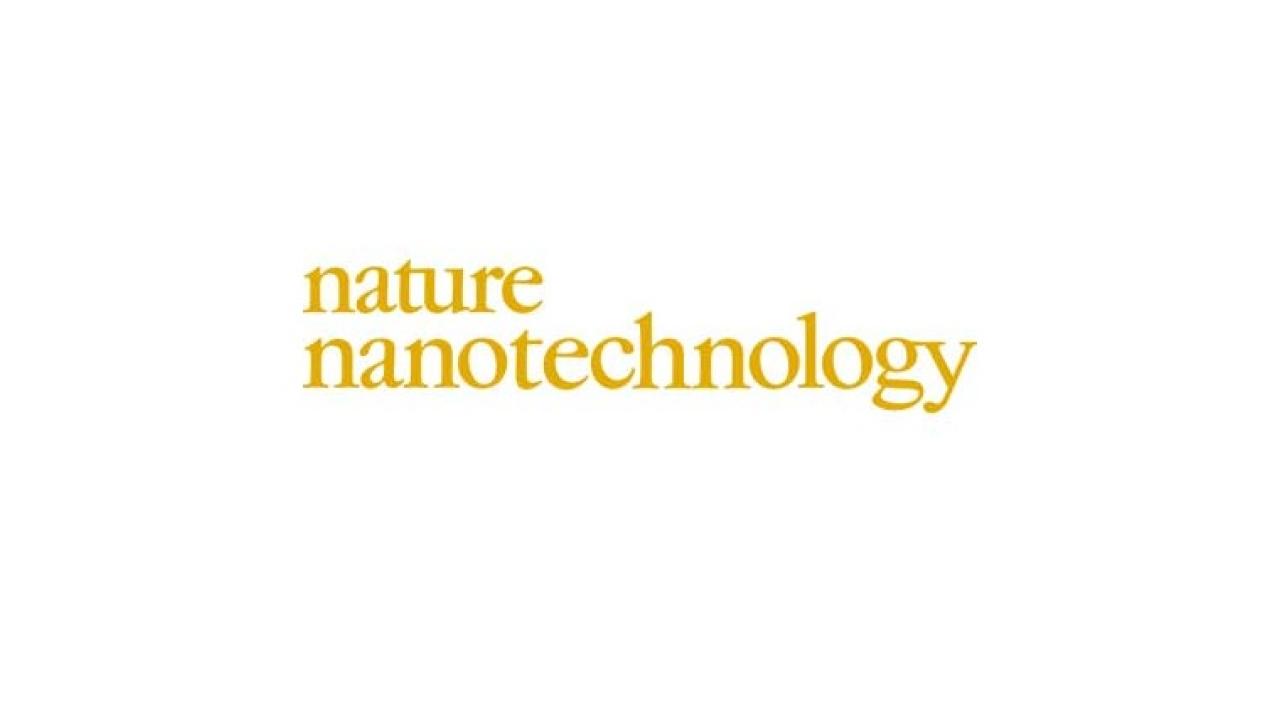
Prof. Josh Hihath’s Publication Included in Nature Journal
New technology developed by Josh Hihath and colleagues from the ECE Department at UC Davis was recently published online in the journal Nature Nanotechnology Nov. 5, 2018.
The research uses atomically fine electrodes to suspend a DNA probe that binds target RNA. The device is able to detect as little as a one-base change in RNA, enough to detect toxic strains of E. coli. His team focused on E. coli, since it is a common pathogen that could easily be found in the food supply, but might not cause illness in a benign form. The worst strain of E. coli -- called E.coli O157:H7 -- produces a toxic substance called Shiga toxin that causes bloody diarrhea, kidney failure and even death.
"If such short sequences can be reliably extracted from complex solutions, then this combination of aptitudes will make single-molecule conductance measurements an interesting platform for electrical detection and identification of RNA and DNA sequences without requiring amplification or cell-culturing for a myriad of applications including detection of pathogens, antimicrobial resistant strains, cancer biomarkers and miRNA, as well as monitoring of gene expression and microbiome analysis," the researchers stated.
“The reliable, efficient and inexpensive detection and identification of specific strains of microorganisms such as E. coli is a grand challenge in biology and the health sciences. Our technique could pave the way for rapid, straightforward detection of pathogens, antimicrobial resistant bacterial strains and biomarkers for cancer," said Hihath.
